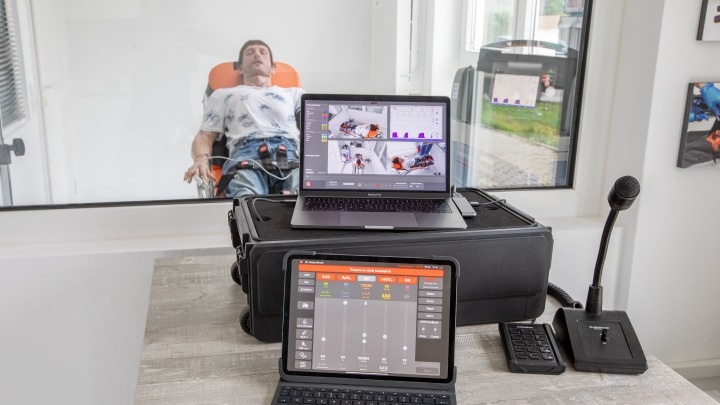
SKILLQUBE
About Us
SKILLQUBE GmbH, based in Wiesloch, Baden-Württemberg, was founded in 2013. With the pillars training, simulation and technology, SKILLQUBE pursues the “Mission 360” and develops holistic solutions for simulations and training in clinical and preclinical care. With its own ECG patient simulation systems and audio-video debriefing systems, SKILLQUBE supports education and training in preclinical care worldwide. With more than 40 training sites, SKILLQUBE is the largest International Training Center (ITC) of the American Heart Association (AHA) in the DACH region.
Our values
Own development department – Software, made in Germany & Switzerland
Based on years of experience, we developed our own simulation systems in 2018. With our own ECG patient simulation systems and audio-video debriefing systems, we support education and training in the healthcare sector worldwide. Numerous national and international customers already rely on our simulation solutions.
Our Mission: SKILLQUBE – Innovation by passion
The Skillqube „Mission360“-strategy focuses on holistic solutions for simulations and training in medical care.
Mission360 means for Skillqube to support all areas of sustainable education. Starting with knowledge transfer, skill- and team trainings, up to impart knowledge from years of experience in medical care.
The circel of learning is the center of the Skillqube „Mission360“.
With the new video system qubeAV, Skillqube revolutionizes analysis and debriefing in simulation scenarios. The special software enables individual debriefing and allows team performance to be identified and analyzed directly.
Our Team: With around 40 employees, SKILLQUBE has a wide range of expertise which is available to customers and partners on a daily basis. We live our values in our daily actions and this can also be experienced by all participants in our networks. We are real - simply authentic.,
Our Focus: Our focus is on more reality in medical simulation, not only to provide participants with a profound learning experience, but also to reduce the dangers of psychological late effects in traumatic events. ,











